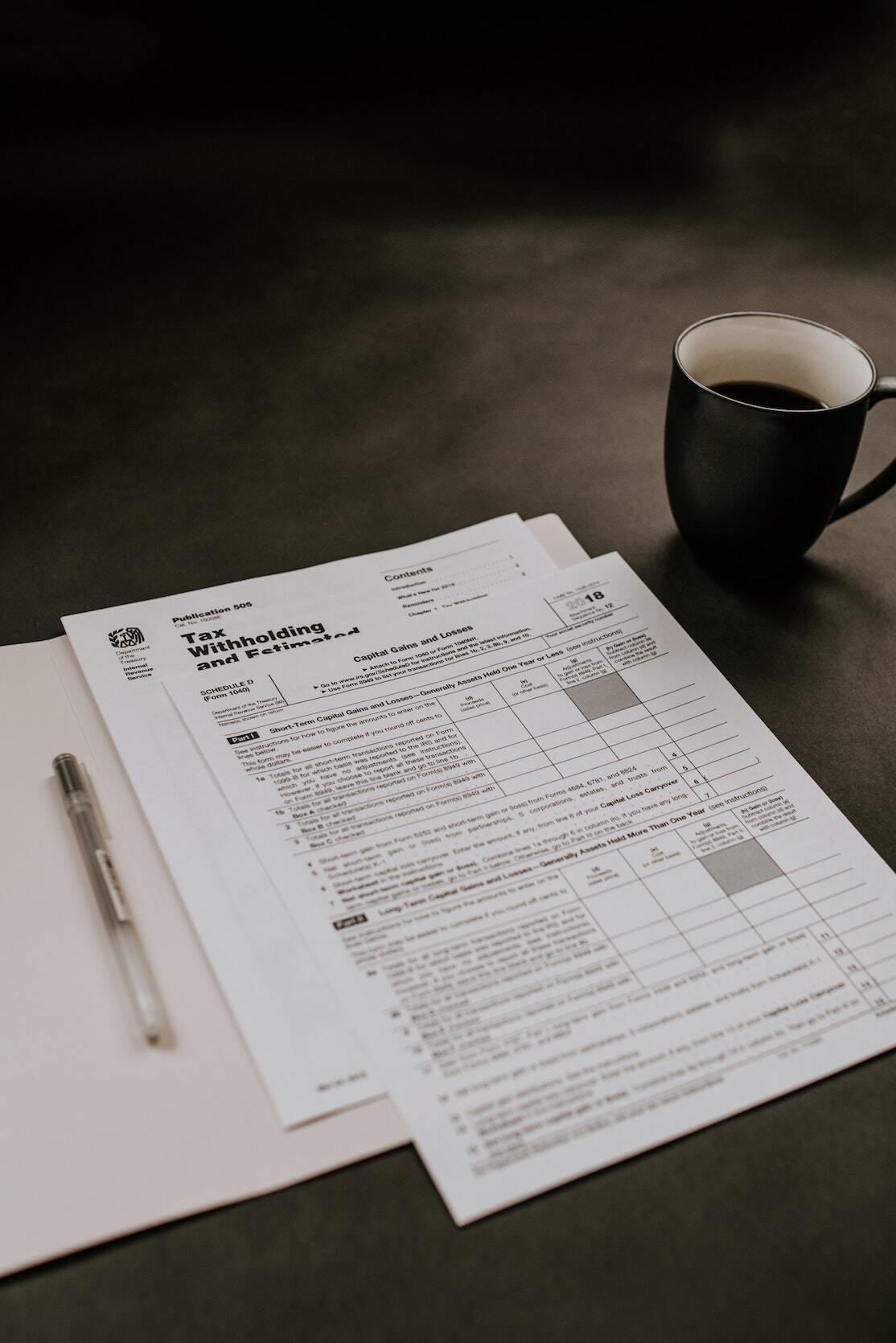Insurance For Accounting Firms
8:30am - 5:00pm Mon-Fri
Will Reply in 15min*
Top 3 Recommended Policies
What Insurance Is Needed for Accounting Firms in New Mexico, Utah and Texas?
Accounting businesses must evaluate a number of possible risks when developing their risk management plan.
In the modern litigious atmosphere, an enraged customer, investor, or even other outsiders, for example, might easily initiate a lawsuit against the accountant or other counsel. Any risk manager who works with the CPA companies will tell you endless tales of firms doing fantastic work, staying true to the engagement letter's scope, and yet being faced with a hefty professional liability claim.
Claims are regularly filed against CPA companies, tax experts, and even bookkeepers. Tax regulations are continually changing, and the client's expectation is that mistakes will not be tolerated. When consumers lose money on ventures during bad economic times, they are eager to find ways to recover the losses, and accusing the accountant of errors is, unfortunately, one of those techniques. Since the threshold has been set so high, it's simple to understand why CPA companies are regularly getting sued.
Regardless of the claim's complexity, these lawsuits demand legal expenditures, document production, missed billable hours, and valuable time spent away from servicing customers and building your firm.
In recent years, clients' use of technology and accountants' participation has increased, resulting in a new degree of vulnerability. As you attempt to advise on the right use of the newest accounting software, the scope of work gets more sophisticated. Most financial accounts are no longer manual but rather the result of several individuals entering data from various sources, as is the norm with cloud technology.
Hacking, cybercrime, loss of personal data, theft of company secrets, and other technological exposures are some of the additional inherent risks associated with technology. Although this article focuses mostly on professional risk, the cyber danger must also be handled, ideally via a separate policy.
Finally, regardless of the cause of the harm, accountants or professional advisers might potentially be accused in an attempt to recoup damages sustained by the customer or third parties.
Over 180+ commercial clients covered
100% customer satisfaction guaranteed
Over 10 years of commercial insurance experience
Types of Insurance for Accounting Firms
1. Professional Liability Insuranace
This is the most crucial and necessary sort of insurance that all accounting businesses will require. It is also known as accountant's professional liability misconduct or errors & omissions (E&O) insurance.
This insurance coverage will cover most discovery costs, legal fees, and damages related to claims for you or the staff while offering accounting services.
A reputable broker can help you find more comprehensive plans that effectively protect the accounting company for whatever you perform for a charge or for the business's advantage. Professional liability insurance is required for all accountants, whether they are bookkeepers, CPAs, or huge accounting firms, since any mistake or irritated customer might result in a lawsuit.
2. Property or Business Owners Policy Insurance
General liability insurance is a must-have policy that will protect businesses from most kinds of lawsuits. It also includes the crucial property liability coverage, which covers accidents that may occur on the property.
Since practically all accounting activity is undertaken in the workplace and most customer contact is handled by phone or email, general liability is frequently limited for accounting firms.
Property insurance protects personal belongings, such as computers and furniture. This coverage protects you in the case of a flooding, fire, or another unforeseen incident that damages the facility, the belongings, or your capacity to operate. A Business Owners Policy combines property or general liability insurance (BOP)
3. Workers' Comp. Insurance
There's not much to consider about this form of business insurance since it is needed in almost every state.
The accounting company must have it by law. Fortunately, workers' compensation won't break the bank for the accounting business since an office isn't a high-risk environment.
Accidents sometimes happen, and workers' compensation will cover the company if one of the employees is injured at work (whether in the office or anywhere they are representing the company in a professional role).

4. Cyber Liability Insurance
Accounting businesses handle a lot of sensitive data and often move payments, so it's no wonder that hackers frequently target them. Some businesses use CPAs as trusted advisers, with registered financial advising arms for their customers' money.
Today's hackers are well-trained and diligent enough to monitor the email traffic and strike at the most inopportune times. If they are persistent, they may launch a ransomware assault or a data theft virus on the system; both have the potential to disable your company.
Request a Quote
Speak with an Accounting Firm Insurance specialist today!
Get started today!
Accounting firms need to make sure they have the coverage and protection they need to function without fear of legal repercussions that use up company resources.
By getting proper insurance plans, you will be able to protect your firm’s future and staff from liability lawsuits.
Prefer to speak with an agent now?









